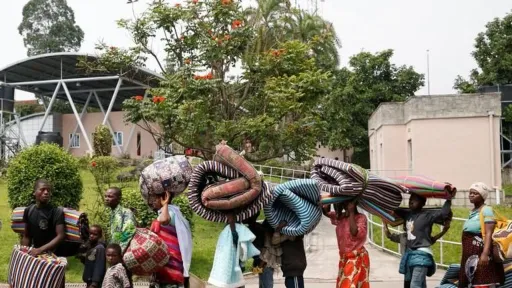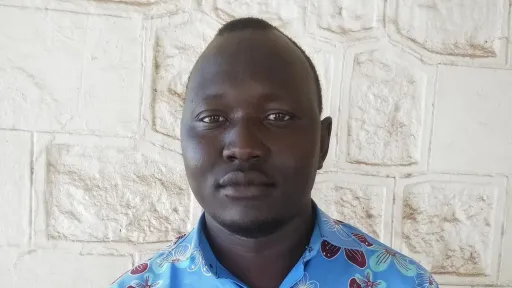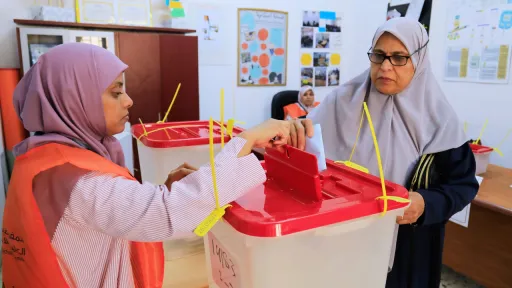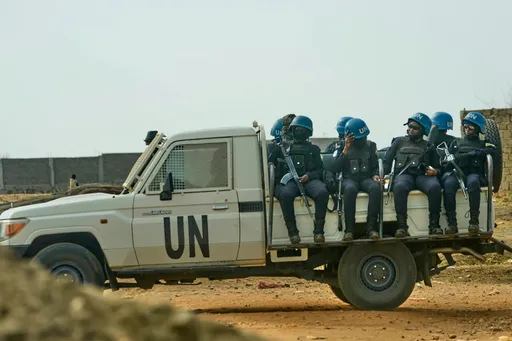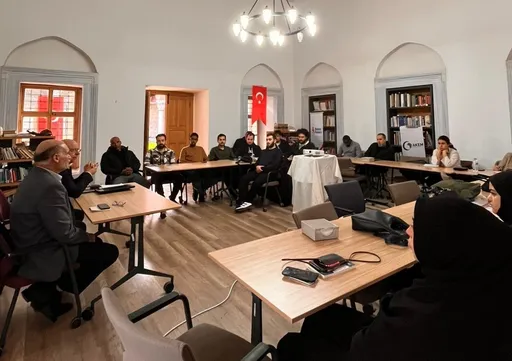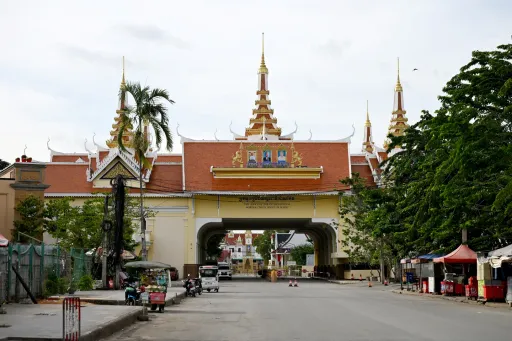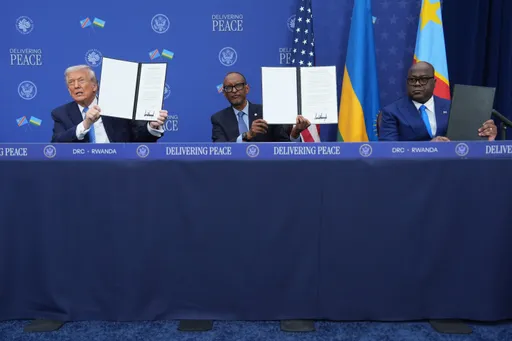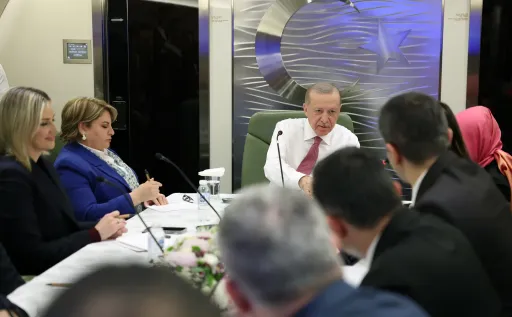Some 44 million people — almost half the population in Democratic Republic of Congo — are expected to elect the next president in the country's fourth election since civil and regional wars ended in the early 2000s.
President Félix Tshisekedi is seeking a second and final five-year term. He faces a crowded field of more than 20 rivals after an initiative to rally opposition candidates behind a single candidate failed.
The 60-year-old has been president since January 24, 2019. He is also the leader of the Union for Democracy and Social Progress (UDPS), Congo's oldest and largest party.
His rise to power followed an unlikely coalition with former president Joseph Kabila, which saw Tshisekedi emerge winner in the December 2018 elections after taking 38.5% of the vote over his opposition rival Martin Fayulu, who was credited with 34.8%.
Peaceful transition
That election marked the first peaceful transition of power since the country became independent from Belgium in 1960.
But Tshisekedi's pact with his predecessor quickly unraveled and a purge of Kabila allies from government positions followed swiftly. Other rivals were won over through inclusion in government.
Now, five year after stepping into the Palais de la Nation in Kinshasa, Tshisekedi is still grappling with economic and security challenges confronting in Africa's second-largest country.
In 2022, inflation reached 9.1% due to high food and imported energy prices. The budget deficit widened to 2.8% of GDP in 2022 from 0.9% in 2021 due to high spending on security.
Resurging conflict
Armed conflict has also resurged in eastern Congo, where more than 120 militias and armed groups operate actively, often clashing with government forces with deadly results. In June, the UN called for investigations after morethan 600 people were killed in attacks.
Relations with neighbouring Rwanda have soured over accusations that Kigali was sponsoring the largest militia in the border area, M23, which has been capturing swathes of territory in eastern Congo. Kigali strongly denies the charge.
Congo also faces a daunting infrastructure challenge, according to the World Bank, as decades of conflict have seriously damaged most infrastructure networks.
Some critics say Tshisekedi has scored some significant wins on the economic front. It has seen the International Monetary Fund (IMF) say the economy has rebounded - with growth rising from 1.7% in 2020 to an estimated 6.2% in 2021.
The growth continued into 2022, peaking at 8.9%, according to the World Bank, which noted that real GDP growth in the DR Congo was expected to reach 6.8% by the end of 2023.
Jobs promise
The mining sector has been credited as the main driver of growth, although that resurgence is projected to slow to 11.7% in 2023 from 22.6% in 2022.
For many Congolese, however, everyday life remains tough. Tshisekedi says he is “committed to creating more jobs for the Congolese in general and youth in particular” and has set a goal of “6.4 million new jobs by 2028".
“The problems and challenges I am tackling are the result of negligence or indifference from public authorities, which goes back several decades. They are structural or even systemic,” he said during campaigns.
On Wednesday, the die will be cast as millions of voters throng to the polls to decide whether the president has done enough to win a second term.
➤Click here to follow our WhatsApp channel for more stories.









